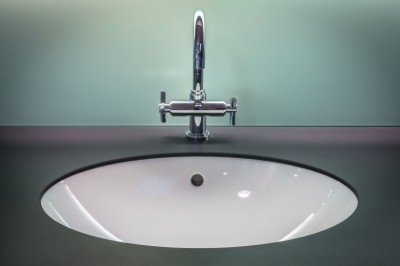The Difference Between a Water Heater and a Boiler
Aris Parviz is the general manager of Virginias Able Air-1, Inc., a family-owned company specializing in home heating and water heating systems of all types, including boilers, water heaters and some newest combination systems. Here, Parviz shares his insider perspective on the major differences between water heaters and boilers.
In the HVAC and plumbing industries, we find that many homeowners dont know much about their major appliances. One major source of confusion is the difference between a water heater and a boiler. It seems natural that a boiler would do essentially the same thing as a water heater. But these two are actually quite distinct, especially in their use and function. Although more recent trends have blurred the lines a bit between the two types of systems, for someone who is building a home or upgrading to a newer home heating or water heating system, it is important to understand a few basic differences between them.
Different Uses and Functions
While both boilers and water heaters can be used as domestic hot water sources, the latter is used more commonly for this purpose. Conversely, water heaters are only occasionally used to provide heat. Most water heaters simply use energy - either gas or electricity - to heat water to a higher temperature, and then provide it to the interior of the home for domestic uses. Some newer ones, however, can also be used to heat spaces, as part of a heat pump system which heats air and then forces it through the home via ductwork.
In a basic sense, a boiler is essentially a sealed container in which water is converted to steam. In order to heat the water, fuel such as coal, gas or oil is burned. A boiler is part of a closed loop system. This means that once the steam is produced, it is sent through a closed series of pipes to another point in the system at which it can be used to do something. The steam might be used to deliver heat, to power an engine, or to sterilize something. When a boiler is used to provide heat, the steam usually travels through pipes to either radiators or convectors which give off heat to warm a space. The steam can also be used to warm water for domestic use, but it never leaves the system itself. When the steam cools, it returns to a water state and is returned to the boiler for re-heating.
In addition, boilers and water heaters differ widely in terms of cost, with a boiler costing $1,000 to $10,000 and a typical water heater costing about $1,000.
Newer Combination Systems
In recent years, some newer combination systems are increasingly popular, which can deliver both residential heat and hot water instantly. The newer systems use a boiler or a high-efficiency water heater to supply heat for either a forced air or radiant heat system. They also provide on-demand hot water, which means that water is only heated as its needed. As a result, there is a limitless supply of hot water to the home.
In addition, these new systems are generally more compact and more efficient than a boiler or a water heater. The double-duty systems (tankless water heaters and combination boilers) are more expensive than traditional residential boilers or water heaters. But, over time, they can pay for themselves in energy savings.
Aris Parviz is a writer for Yodle, a business directory and online advertising company. Find an HVAC contractor or more HVAC contractor articles at Yodle Consumer Guide.




















